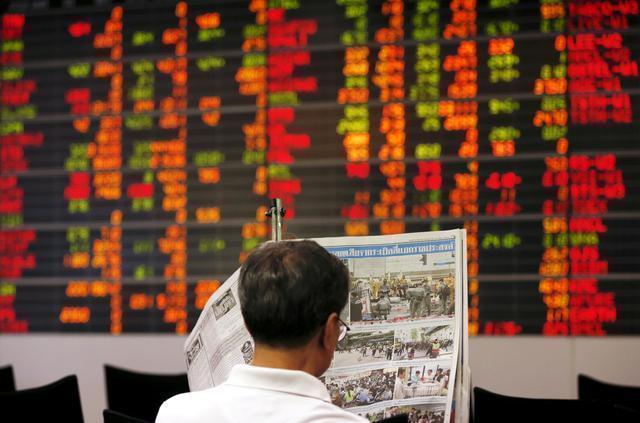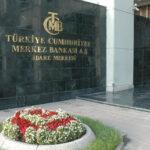The market will focus on the Central Bank’s Monetary Policy Committee (PPK) meeting today. The policy rate is expected to remain unchanged at 14%. Analysts point to the Monetary Policy Committee’s (PPK) statement regarding steps to be taken for the current account deficit and credit growth, saying that they are leaning into a macroprudential policy set.
Outflows from global stock exchanges have accelerated in recent weeks due to the pricing of recession concerns in global markets and central banks’ tightening due to high inflation. However, impulse buying has begun and the risk appetite has rallied at home and abroad since the beginning of the week. Borsa Istanbul’s BIST 100 index has remained on a positive course during this period. Listed companies will start to announce their financial statements for the second quarter this week. These statements will be a positive catalyst in the short term, according to Murat Barisik, Research Director at Ata Yatirim. “We think that the hike in the BIST 100 index will continue towards the resistance level of 2,590 points,” Barisik said. Ata Yatirim believes the possible outflows could be a purchase opportunity if perceived as profit sales. The institution suggests adding companies with solid fundamentals, stories, and exports to your investment portfolio. Barisik named TAV Airport, Birlesik Magazalar AS (BIM), Arcelik, Erdemir, Migros, Turk Telekom, and Sisecam as examples.
The rising recession fear in the global economy, including in Europe, Turkey’s largest trading partner, has begun to reflect on exports. While the preliminary export data indicates a slowdown in orders from the European Union market, many sectors have started to seek positions for possible recession conditions. Affordable prices and new market options are among the potential protection factors. Economists say the slowdown will significantly affect growth in the second half of the year as signs of recession strengthen. Here are the expectations for the country’s main export sectors:
- Automotive: The sector is feeling the slowdown. The market contracted by 14% in the first half of 2021.
- Machinery: Machinery and equipment investments will slow in the U.S. and European Union. This will adversely affect Turkey.
- Ferrous and non-ferrous production: Exports may decline by 10% on a unit and tonnage basis.
- Major appliances: Although the decrease in export price may affect the sector, it’s important not to lose customers.
- Plastic and rubber: Turkey is the discount market for Europe in this sector. Europe may head towards Turkey.
- Steel: Exports dropped by 3% in the first five months of the year. The decline has now reached 8%. The figure is worse in USD.
- Chemicals: Increasing market diversity will be key to preventing adverse effects from the recession.
- Ready-to-wear: The industry estimates a loss of USD 1bn.
DAILY AGENDA
The Central Bank will announce the interest rate decision (2.00 p.m.).
Meanwhile…
>> Foreign investors’ net equity, government debt securities, and corporate bond outflows from Turkey totaled USD 62.2m, USD 54.5m, and USD 1.7m, respectively, in the week ending on July 8, according to the Central Bank.
>> Residents’ FX deposit accounts surged by USD 1.51bn with the parity impact in the week ending on July 8, compared to the previous week, according to the Central Bank.
>> The Central Bank’s international net reserves dropped by USD 1.04bn to USD 6.07bn in the week ending on July 8, compared to the previous week, hitting a 20-year low.
>> Some 226,532 new coronavirus cases and 96 deaths due to COVID-19 were reported between July 11 and July 17 by the Health Ministry. The number of coronavirus cases in this period doubled the figure recorded in the previous week.
READ A SELECTED ARTICLE FROM OUR MAGAZINE:
Our Foreign Policy Columnist Zeynep Gurcanli analyses the wheat issue and Turkey’s role in it.










